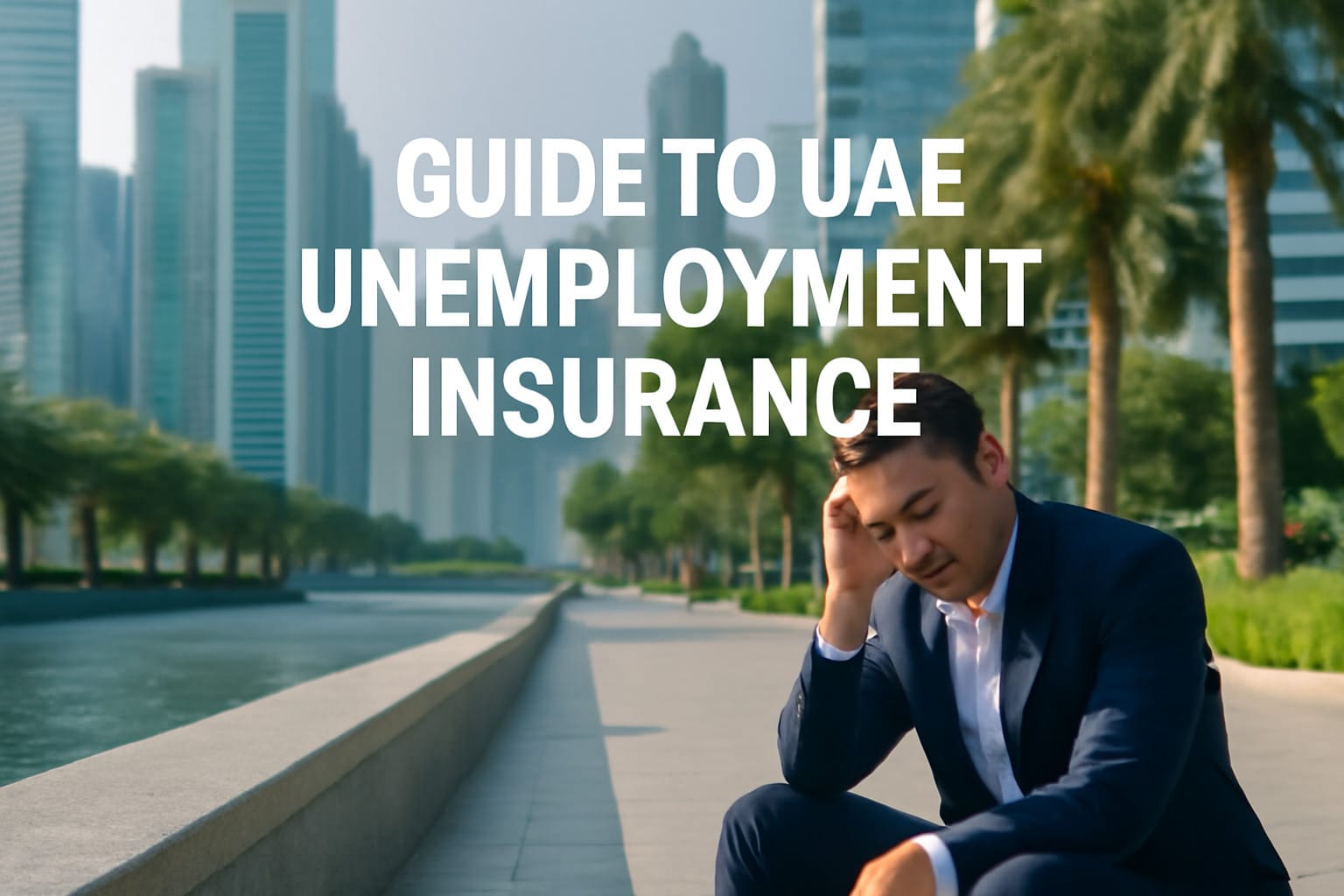Insurance is all about managing risk. But what happens when one insurance company alone can’t bear the risk? That’s where an insurance pool comes in. Put it like this—an insurance pool is when several insurance companies come together to share risks. This helps protect both insurers and policyholders from big losses.
In the UAE, insurance pools play a key role in keeping a stable and trustworthy insurance industry. With a growing economy and increasing demand for coverage, especially in areas like health, motor, and property insurance—risk-sharing is more important than ever. Lets uncover what an insurance pool is, how it works, its benefits, and its role in the UAE insurance market.
What is an insurance pool?
An insurance pool is a group of insurance companies that work together to cover high-risk situations. This helps spread the cost of big claims so that no single company has to pay everything alone.
In the UAE, insurance pools are used for oil rigs, aeroplanes, and large construction projects. These are expensive and risky to insure, so multiple insurers share the responsibility. This way, no one company faces huge financial losses on its own.
Why do insurance pools matter in the UAE?
In the UAE, the insurance industry is handled by the Central Bank of the UAE, which ensures companies follow clear rules and guidelines. The UAE has seen fast growth in sectors like health, infrastructure, and transportation. This growth comes with higher risks like natural disasters, road accidents, and even health emergencies.
By using insurance pools, the UAE insurance market can:
- Handle high-risk customers or policies
- Avoid sudden financial loss for a single insurer
- Keep market stability
- Improve public confidence in the insurance system
How do insurance pools work in the UAE?
Here are simple steps for you to understand the process better:
- Creating the pool: A few insurance companies come together to form a group.
- Putting in money: Each company puts some money into the group fund.
- Covering risky policies: The group uses this fund to give insurance to customers more likely to claim.
- Paying claims: If someone makes a claim, the money comes from this shared fund.
- Sharing profits or losses: If there’s money left at the end of the year, the companies split it. If there’s a loss, they all share the cost.
This type of collaborative risk management makes sure no single company takes the full hit in case of a major claim.
Types of insurance pools in the UAE
| Type of insurance pool | What it means | Example |
| Voluntary insurance pools | When insurers choose to work together and share risk. | Used in sectors like aviation and shipping. |
| Government-mandated insurance pools | Pools that are required by law to cover high-risk areas. | In the UAE, health insurers combine resources to manage high medical treatment costs. |
| Catastrophe insurance pools | Created to handle large-scale natural disasters. | The UAE’s reinsurance market works with global disaster pools for big claims. |
| Industry-specific insurance pools | Made for high-risk industries. | The UAE Aviation Insurance Pool helps insurers share risks of airline accidents. |
Benefits of insurance pools in the UAE
Insurance pools help reduce risk and keep the insurance market stable. Here’s why insurers in the UAE and around the world rely on them:
- Risk is shared: Many insurance companies join together and split the risk, so one company doesn’t lose too much money alone.
- Keeps the market steady: It helps stop insurance companies from shutting down when there are big claims.
- Lower prices: Because the risk is shared, it helps keep insurance prices more affordable for customers.
- Stronger support: When something big happens, like a natural disaster or a big accident, it’s easier for insurance companies to handle the costs together.
- More coverage for high-risk sectors: Industries like construction, healthcare, and aviation get better insurance options, ensuring comprehensive protection.
Who benefits from insurance pools?
| Who uses insurance pools | Why they use it |
| Businesses | Large energy, transportation, and real estate companies use pools to reduce financial risks. |
| Government agencies | Public projects need strong insurance protection, which pools help provide. |
| Insurance companies | Pools help insurers share risks and avoid big financial losses. |
| High-risk workers | Professionals like pilots and construction workers get better coverage through shared risk. |
UAE flood insurance pool – 2024 case study
In 2024, after heavy floods hit some parts of the UAE, the government and insurance companies worked together to set up a flood insurance pool. This system let many insurers share the cost of claims, which made it easier and faster for homeowners and businesses to get their money. Without this kind of support, a single insurance company might not have been able to handle such big losses alone.
What’s the bottom line?
An insurance pool is more than just a financial tool—it’s a safety net. In the UAE, where the insurance sector is growing fast and facing new types of risks, pooling is a smart way to share responsibilities and protect both insurers and people.
Whether it’s helping a high-risk driver stay on the road or managing the costs of a health crisis, the insurance pool in the UAE is keeping the system strong and inclusive.
Frequently Asked Questions (FAQs):
Q. Who regulates insurance pools in the UAE?
The Central Bank of the UAE oversees insurance activities, including pooling systems.
Q. Can insurance pools help with climate risks in the UAE?
Yes, insurance pools can be expanded to cover future risks like floods or sandstorms.
Q. Why are insurance pools important?
They help insurance companies manage big risks and offer coverage to individuals who might otherwise be left uninsured.







